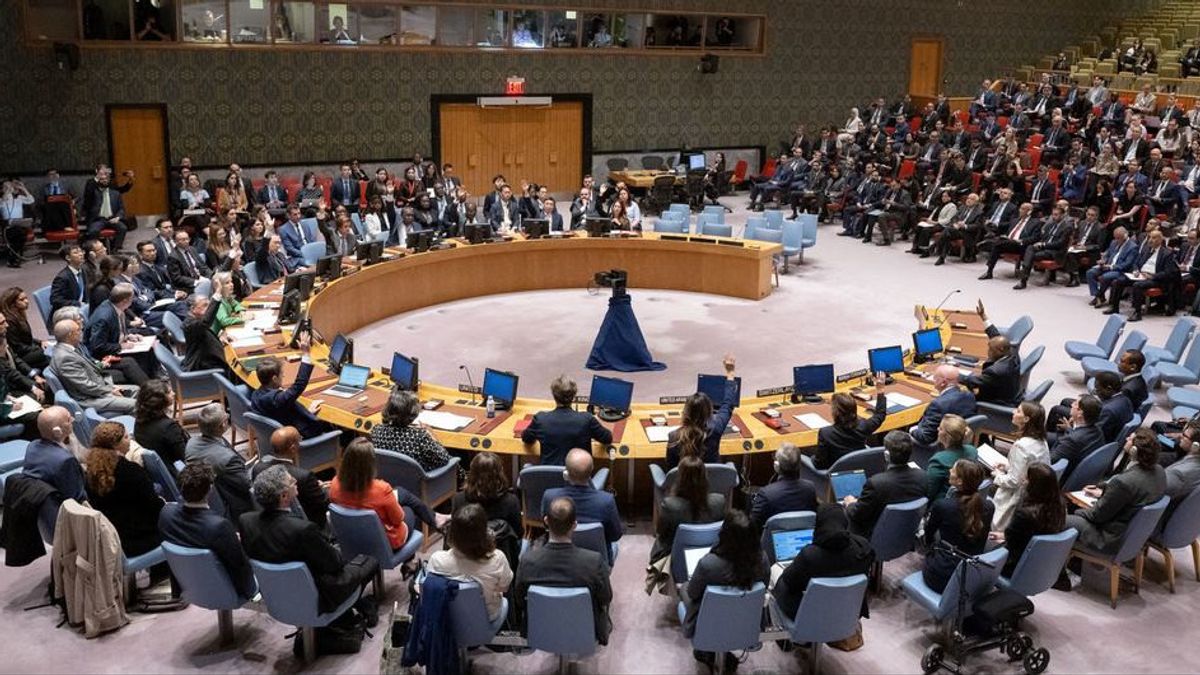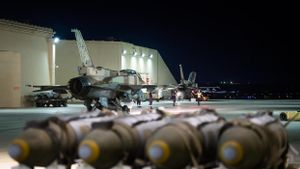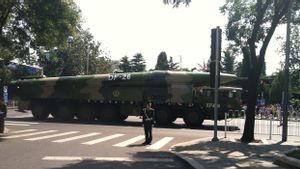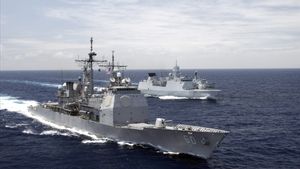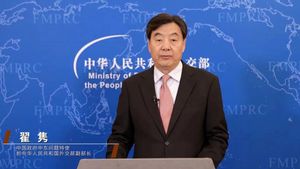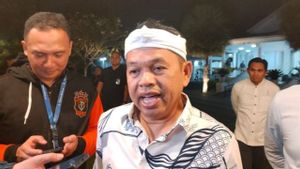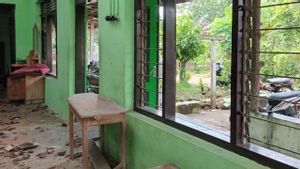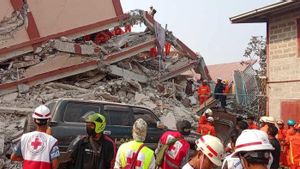JAKARTA - The UN Security Council is back in the spotlight, after two draft resolutions related to the crisis in the Gaza Strip, Palestine ran aground, adding to the deadlock list after previously linked to the Russia-Ukraine war and North Korea's nuclear provocations.
This condition re-emerged the push for structural reform of the only UN agency that had such binding decisions.
UN General Assembly (UNGA) President Dennis Francis said Security Council reforms remained the main goal of the UN system, but official negotiations on the matter had not yet been carried out. UNGA is the UN's main policymaker body.
"I hope I get a brilliant answer," Francis said during a press conference in Seoul, South Korea Friday, when asked about the UN's DK reforms.
"There has been a discussion process regarding the type of membership of the Security Council that wants to be formed. However, official negotiations regarding this have not yet begun," he continued.
"Please remember that the council reform will be a process. This is not an event. We will not wake up one morning, tomorrow morning or next week and find out that there is a new Security Council," he said.
The UN DK is known to have held twice the vote on a draft resolution related to the conflict in Gaza. In Monday's vote, Russia's resolution called for a ceasefire immediately, not long and thoroughly, and stopped attacks on civilians, ran aground because it was only supported by China, the United Arab Emirates, Gabon and Mozambique. Meanwhile, the United States, Britain, France and Japan refused. Albania, Brazil, Ecuador, Ghana, Malta, Switzerland and Ecuador chose abstain.
VOIR éGALEMENT:
In Wednesday's vote, Brazil's resolution to calls for a humanitarian break to provide assistance to millions of people in Gaza, ran aground after receiving veto from the United States. Indeed, the draft resolution has received the support of the majority of UN DK members (Albania, Brazil, China, Ecuador, France, Gabon, Ghana, Japan, Malta, Mozambique, Switzerland and the UAE). Russia and Britain chose abstain.
It is known that the UN DK resolution voting mechanism requires at least nine votes to support, out of a total of 15 members of the council, without veto from one of the permanent members of the council, namely the United States, China, Britain, France and Russia.
The English, Chinese, Japanese, Arabic, and French versions are automatically generated by the AI. So there may still be inaccuracies in translating, please always see Indonesian as our main language. (system supported by DigitalSiber.id)
